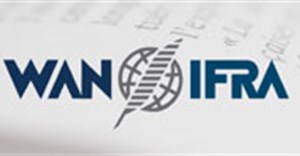
High standards require clear ethics
He said editors were going to have to decide whether they should open their sites to all traffic – or whether they should guard their brand and their integrity by limiting access.
Draw the line
While the boundaries of journalism were being stretched to make way for the new media, editors had to determine if, or when, they should draw the line.
He quoted a number of online “conversations” on a top academic site where the level of debate was punctuated with bad language.
“With a high quality product, ethical considerations need to be revisited, he said. “Are the values that apply to your products to remain intact – or do you want to grab as much traffic as you can? This is the choice you have to make. Newspapers need to decide on their mission and determine what values are most important to them.”
He listed some of the tools that could be used to regulate visitors to sites. These included registration, a tool which would allow editors to decide how anonymous the audience should to be, moderation, communication and delegation.
“If you want to keep up standards, make your ethics clear,” he said. “Moderate forums actively on new pages. The sites are likely to be hectic in relation to sex, or sex and Islam.”
Seek a balance
Control could be exercised by selecting the topics for discussion. He suggested that a balance should be sought – and this could depend on the news of the day. After a major event, visitors would flock to a site to express their views. That was okay but, he warned, beware of trolls that could undermine integrity or brand.
“Boundaries can be stretched but only as far as you want them to,” Van Exter said.












